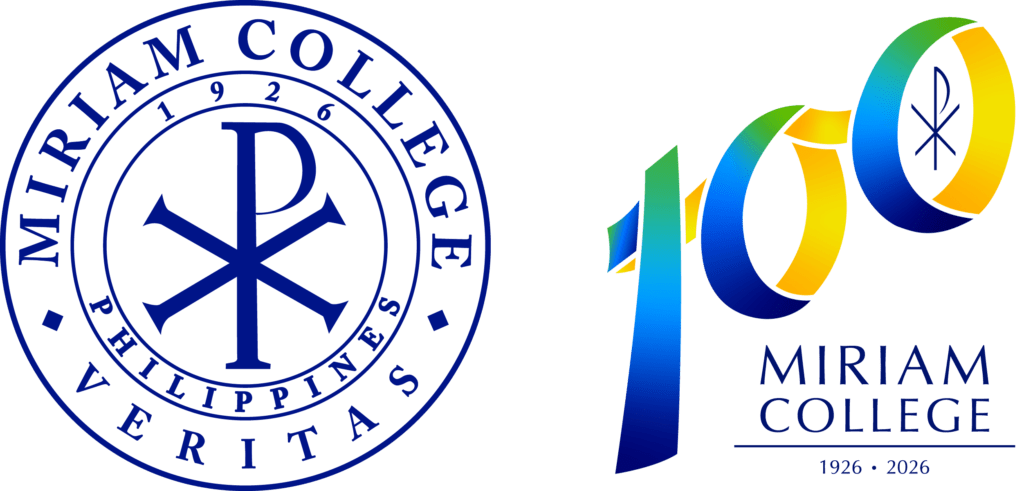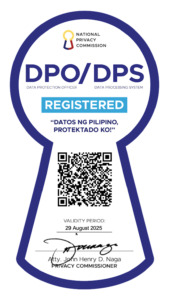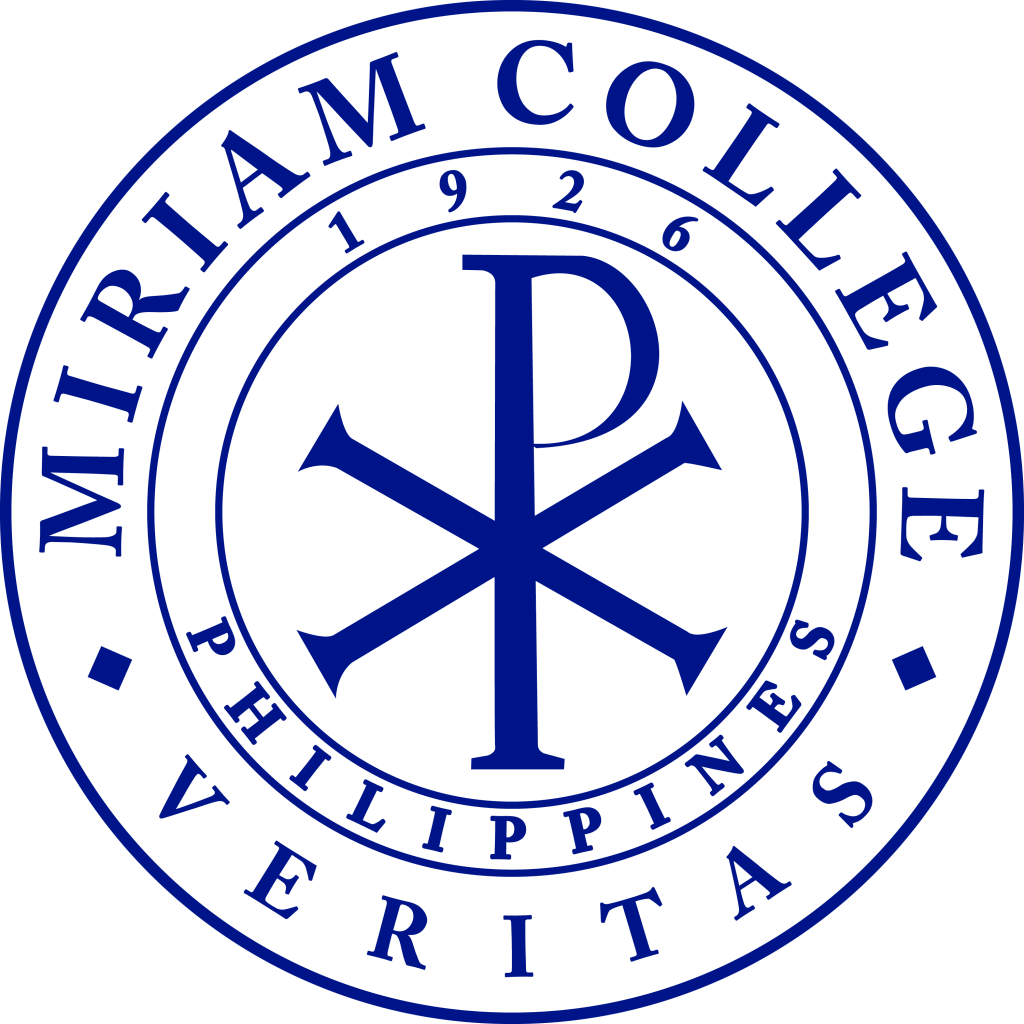Bachelor of Science in
Accountancy

The BACHELOR OF SCIENCE IN ACCOUNTANCY program principally aims to prepare students for the Certified Public Accountant Licensure Examination (CPALE) and for a career in the field of accountancy and finance.
It is also designed to focus on organizational development, problem solving, and analytical thinking, business and corporate communications, information technology (IT), and decision-making.
Inclusive in the program is 12 units of integrated accounting courses taken on the last semester of the student as preparation for the CPALE.
Why take up BS Accountancy at MC?

The Accountancy program features intensive training that meets the requirements of the increasingly globalized economy and the ever-changing demands of the labor markets. The curriculum is designed to produce multi-disciplinary professionals well-versed in business, sciences, and field-related concepts. It integrates ethics and principles of transparency and accountability to shape skillful accountants and business advisors with solid business values.
It also emphasizes competencies in organizational development, problem-solving, objective and analytical thinking, business and corporate communications and information technology (IT) in the finance space, responsible decision-making, leadership, and professionalism.
- Provides 400 hours of immersive on-the-job training that exposes students to the current business work environment while applying theories and concepts learned in school.
- A roster of expert faculty members who are experienced practitioners in the field.
- Features 12 units of integrated accounting courses taken during the student’s final semester in preparation for the Licensure Examination for Certified Public Accountants.
- Prepares students for a career in accounting and finance by building strong foundations on in financial accounting and reporting, advanced financial accounting and reporting, management accounting and consulting, auditing and assurance concepts and techniques, economics, finance, business law and taxation as well as ethics and good governance.
- The program includes 6 units of research classes to expose students to scholastic research on various accounting-related areas of interest.
What Will I Study?
The Accounting program integrates theory and social practice through values-oriented, student-centered, technology-infused approaches. Below are some career-relevant topics you will encounter in the program:
This course introduces the nature, functions, scope, and limitations of the broad field of accounting theory. It deals with the study of the theoretical accounting framework objectives of financial statements, the standard-setting process for accounting practice, national and international accounting standards relating to the preparation and presentation of financial statements, the conditions under which they may be appropriately applied, their impact or effect on the financial statements; and the criticisms commonly leveled against them.
This course is designed to orient the students to a business’s cost accounting and management framework. Topics discussed include the overview of cost accounting; manufacturing cost accounting cycle; job order cost system; accounting, planning, and control for materials, labor, and factory overhead; and environmental cost management.
This course is designed to acquaint students with the role of the accountant in the management team by providing and assisting in the analysis, interpretation, and forecasting of business organizations. It covers the discussion of the foundation of management accounting; its expanding role, organizational structure, and professional ethics for management accountants; design of management accounting systems (e.g. responsibility accounting system), evaluating the impact of changes in business structure, functions, and appropriateness of management accounting techniques and methods, basic interpretation and use of financial statements; performance measurement for planning and control such as: marginal, absorption, and opportunity costing; cost behavior; cost-volume-profit relationship; advanced analysis and appraisal of financial and related information; business planning and budgetary systems; standard costing and variance analysis; quantitative techniques; and methods for planning and control.
This course mainly deals with consolidation and mergers, parent-subsidiary relationships, and consolidated statements, including foreign subsidiaries. The other topics deal with accounting for the effects of changes in foreign exchange rates and other similar current issues. Debt restructuring, accounting for financially distressed corporations, accounting for the winding up of an enterprise, and accounting variations among countries are also discussed.
This course is designed to expose students both to the demand for and the supply of the profession’s flagship service – financial statement audits – and to the nature of the value-added assurance services which decision-makers demand in the information age. It also covers assurance standards and attestation and auditing standards; public sector regulation of accounting practice and legal liability; the framework of financial statements auditing: risk-based approach as audit methodology; audit evaluation and planning, including the concept of risk and materiality; assessing internal controls, and tests of controls including internal controls in computer-based business systems; performance of an audit; evidence collection, analysis, and substantive tests; reporting: reports on assurance services, attestation services, and financial statement audits; and completing the audit including communications with board of directors and management concerning internal control weaknesses. Also discussed in detail are the basic professional values and, the Code of Ethics for Professional Accountants and SEC’s Code of Corporate Governance.
This course is designed to expose students both to the demand for and the supply of the profession’s flagship service – financial statement audits – and to the nature of the value added assurance services which decision-makers demand in the information age. It also cover assurance standards and attestation and auditing standards; public sector regulation of accounting practice and legal liability; the framework of financial statements auditing: risk-based approach as audit methodology; audit evaluation and planning, including the concept of risk and materiality; assessing internal controls, and tests of controls including internal controls in computer-based business systems; performance of an audit; evidence collection, analysis, and substantive tests; reporting: reports on assurance services, attestation services, and financial statement audits; and completing the audit including communications with board of directors and management concerning internal control weaknesses. Also discussed in detail are the basic professional values and the Code of Ethics for Professional Accountants and SEC’s Code of Corporate Governance.
This course is a continuation of Assurance Principles, Professional Ethics and Good Governance, focusing on financial statements audit. It covers detailed approaches to problems and situations normally encountered in the independent examination of cash, receivables, inventories, investments, prepaid expenses, deferred charges, property, plant and equipment, intangibles, liabilities, owners’ equity, and revenue and expenses. It deals specifically with the application of auditing standards, techniques, and procedures; internal control evaluation; preparation of audit working papers; introduction of computer application in auditing; audit adjustments; and audit reports pertaining to a medium-sized manufacturing or trading concern. The determination of audit objectives and audit programs, evaluation of internal control, and determination of substantive procedures as applied to various accounts are better appreciated as the transaction cycle approach is employed in the course. Audit working papers and audited financial statements are the natural outputs of this course leading to the preparation of audit reports.
This course enhances the students’ knowledge of the laws relating to obligations and contracts, business associations, and and other special laws relevant in the practice of accounting and auditing. The students should know and understand the pertinent legal provisions, general principles, concepts, and underlying philosophy of the law.
This course provides the students conceptual knowledge and proficiency in the practical application of the basic principles of taxation as they relate to accounting practice. Emphasis is given on the application of the theory and principles in solving tax problems. The students are expected to know, understand and be able to apply the laws on income tax, business taxes (value-added and percentage taxes), estate tax, donors tax, as well as Revenue Regulations and Court of Tax Appeals and Supreme Court decisions.
This course provides a conceptual framework within key financial decisions and risks relating to corporations are analyzed. This analysis considers shareholder wealth maximization, long term financing, capital budgeting, risk management (the nature of risk, risk concepts, benefits of risk management, risk management processes, enterprise-wide risk management, managing operating risk and financial risk, credit risk models including Base 2) capital acquisition analysis, capital structure decision, valuation of financial instruments, and the dividend decision. It also examines the main types of derivate contracts: forward contracts, futures, swaps and options, and how these instruments are used in managing and modifying financial risks.
This course examines the design, operation, and control of accounting information systems. Emphasis is placed on transaction cycles and business processes, with a focus on the flow of financial transactions through the accounting information system. Internal control concepts and their application to the information systems are also considered.
This also exposes students to using accounting systems being used by businesses and corporations globally.
This course is designed to inform and stimulate thinking on issues of ethics and social responsibility encountered in business. The material covered is intended to prepare students to recognize and manage ethical and social responsibility issues as they arise, and to help them formulate their own standards of integrity and professionalism. The overall course objectives are to increase awareness of the ethical dimension of business conduct, to contribute insight into the professional standards and responsibilities of students in their future careers; to develop analytical skills for identifying and resolving ethical and social responsibility issues in business; and to practice decision making about ethical and social responsibility issues. (Key topics are: the nature of corporate governance, the framework of regulations, role of external and internal audit, the board of directors, appraising and rewarding directors, reporting of corporate governance issues and corporate social responsibility and ethical behavior in the enterprise.)
Total Program Units: 194 units
General Education: 36
Standard Completion Time: 4 years
Career Paths

There are four sectors and examples of organizations where our BSA students may opt to work:
Public Practice
- Navarro Amper & Co (formerly Manabat Delgado Amper & Co) – Deloitte
- Isla Lipana & Co – PriceWaterhouseCoopers (PWC)
- SGV & Co – Ernst & Young (EY)
- RG Manabat & Co (Formerly Manabat San Agustin & Co) – Klynveld, Peat, Marwick & Goerdeler (KPMG)
- Roxas, Cruz, Tagle & Co, CPAs, (Formerly Alba Romeo & Co, CPAs) – Binder Dijker Otte (BDO)
- Punong Bayan & Araullo (P&A) – Grant Thornton
Government Accounting
- Commission on Audit (COA)
- Banko Sentral ng Pilipinas (BSP)
- Bureau of Internal Revenue (BIR)
- Bureau of Customs (BOC)
- Department of Finance (DOF)
- National Bureau of Investigations (NBI)
- Securities and Exchange Commission (SEC)
- Bureau of Treasury (BoTr)
- Cooperative Development Authority (CDA)
- Insurance Commission (IC)
- Philippine Deposit Insurance Corporation (PDIC)
Commerce and Industry
- Universal/Commercial banks such as:
- Bank of the Philippine Islands (BPI)
- BDO Unibank (BDO)
- Metrobank
Academe
various universities and colleges
Other Career Options
- Accounting Managers
- Audit Partners
- Audit Associates
- Audit Managers
- Audit Supervisor
- Business Advisers
- Consultants
- Chief Audit Executives
- Chief Financial Officers (CFO)
- Cost Accountants
- Financial Advisers
- Fraud Auditors
- Management Accountants
- Payroll Accountants
- Information Systems Auditors
- Information Systems Managers
- Internal Auditors
- Tax Analysts
- Treasury Analysts
Activities
Meet the Faculty

Fely Elvie Marie Arzaga
Lecturer
Master in Business Administration, Ateneo Graduate School of Business
Accounting

Wilfredo Baltazar
Lecturer
Master in Business Administration, University of the East
Auditing, Financial Reporting, Quality Assurance Review

Antonio Burgos
Sr. Lecturer
Master in Business Administration, Philippine School of Business Administration
Accounting, Auditing

James Marc J. Catudan
Associate Professor
Master of Arts in Economics, University of Sto. Tomas
Economics

Alessandro Rey Formoso
Sr. Lecturer
BS in Accountancy, Miriam College
Accounting

Yvette Margaret Lim
Lecturer
Juris Doctor, Ateneo de Manila University Law School
Law and Taxation

Marijun Sy
Sr. Lecturer
Master in Business Administration, Hult International Business School
Accounting, Finance

Ferdinand Timbang
Assistant Professor
Doctor in Business Administration, Lyceum-Northwestern University
Finance, Accounting





